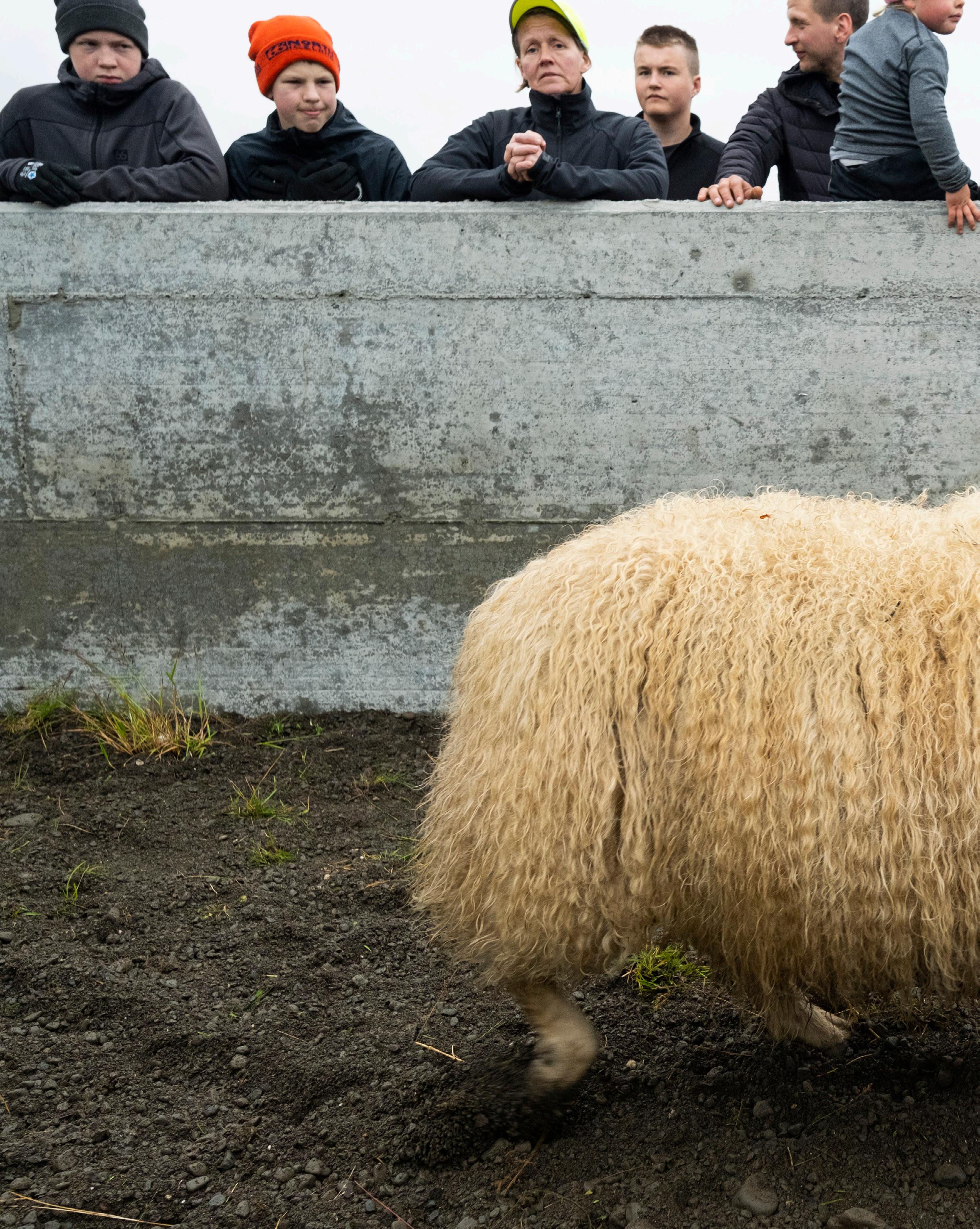
2 minute read
NEWS IN BRIEF
01 Blönduós shooting
Tragedy struck the small community of Blönduós in North Iceland in late August when two people died, and one was injured in a shooting. In the early morning hours of August 21, a man entered the home of his former employer with a shotgun. The perpetrator shot the homeowner and his wife before the couple’s son intervened. The shooting resulted in the death of the woman and of the shooter. The father was rushed to the hospital in serious condition. The son was initially arrested for killing the attacker but was later released.
02 Market inflation
Inflation rates in Iceland had been steadily increasing since the summer of 2021, reaching 9.9% in July of this year. This increase has particularly impacted the housing market in Reykjavík. Supply already falling well short of demand, and the inflation caused what apartments had been available to skyrocket in price. The situation has been particularly dire with the influx of not only tourists but also foreign workers coming to Iceland to fill the holes in the tourism workforce, as well as Ukrainian refugees desperately searching for housing. Thankfully, inflation rates dropped in August to 9.7%, suggesting that this trend is beginning to cool and that housing prices may stabilise in the coming months.
03 Film industry funding changes
The upcoming series of HBO Max television show True Detective will be filmed in Iceland over a 9-month period for a budget of around ISK 9 billion [$64.8 million; €63.9 million]. The project entails the largest-ever foreign investment in culture in Iceland’s history. Minister of Culture Lilja Alfreðsdóttir says the project is proof that government initiatives are helping put Iceland’s film industry on the map.
In recent years, the State Treasury has reimbursed up to 25% of the costs incurred by film and TV productions in Iceland, and recently announced that the percentage would be raised to 35% for projects that qualify. Shortly afterwards, however, the local film industry was dismayed to learn that the government also plans to cut funding to the Icelandic Film Fund by onethird. Industry experts say the decision erases an ambitious 10-year policy for the local film industry drafted just last year, and argue there is room in the budget to support both international and local projects.










